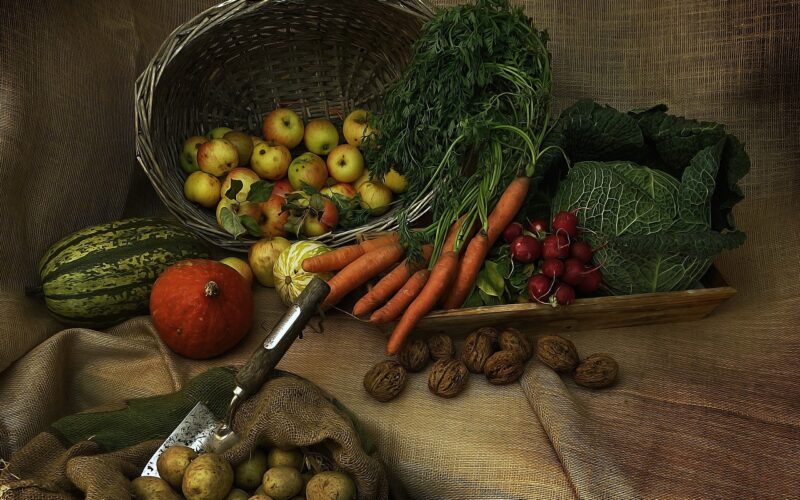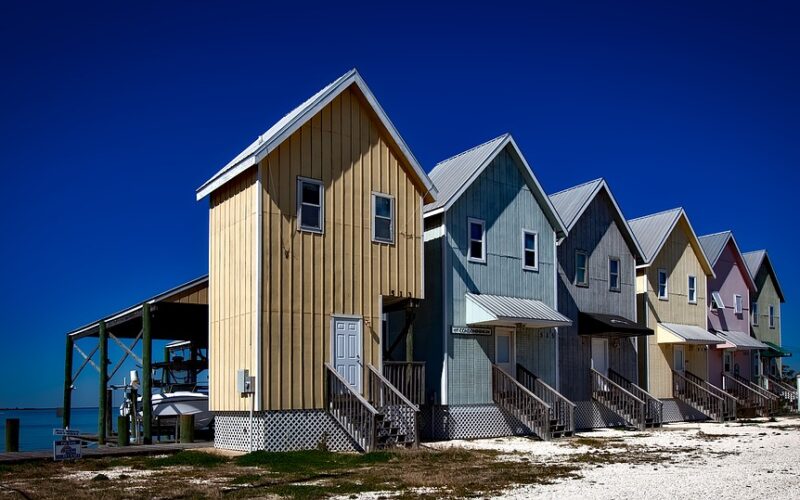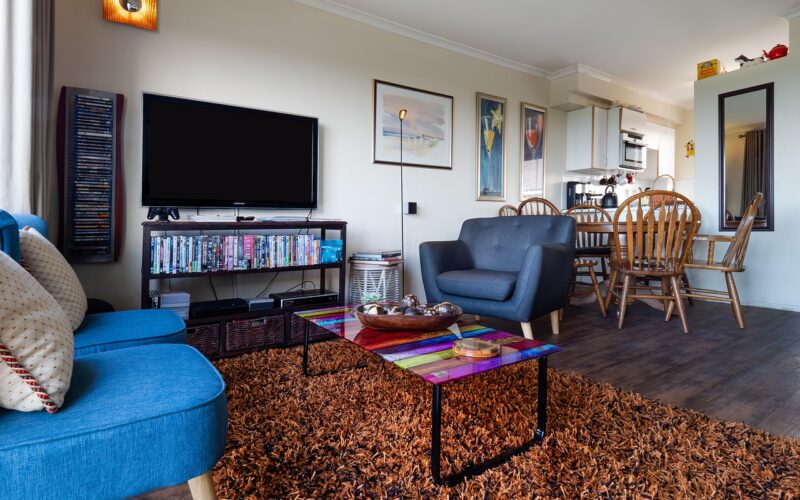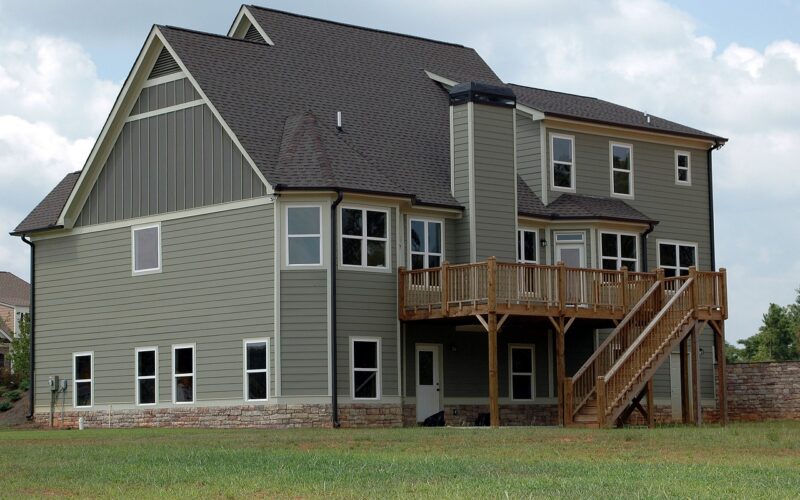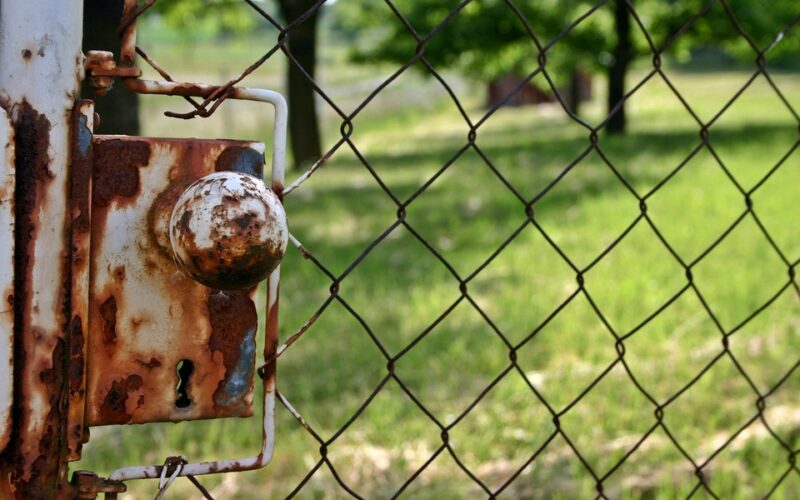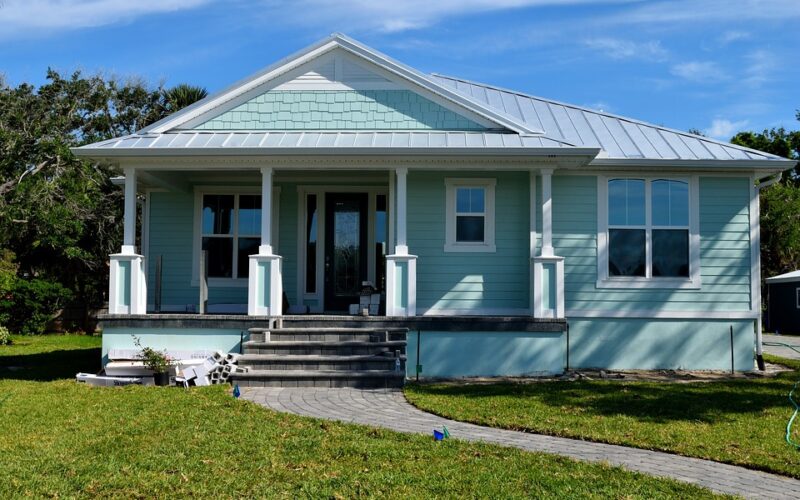Being Kinder To Our Planet
In recent years, there's been a noticeable shift towards self-sufficiency and a 'less is more' lifestyle, particularly in the realm of home investment.
This trend is not only about minimising expenses but also about nurturing a sustainable lifestyle that is kinder to our planet. One of the key components of this movement is the focus on reducing waste. By adopting practices like mindful consumption, recycling, and reusing, households are not only cutting down on their environmental footprint but also paving the way for a more sustainable future.
This approach goes hand in hand with the growing popularity of minimalism, which emphasizes the importance of keeping only what is necessary and finding value in simplicity and functionality.
Renewable and clean
Another significant aspect of this lifestyle shift is the incorporation of solar power into homes. Solar energy, being both renewable and clean, has seen a surge in popularity among homeowners looking to reduce their reliance on fossil fuels, cut energy costs, and contribute to a greener environment.
The initial investment in solar panels is quickly offset by the long-term savings on electricity bills, making it an attractive option for those looking to future-proof their homes.
Ecological footprint
Tiny homes have also emerged as a popular choice for those subscribing to the idea that less is indeed more.
These compact living spaces offer an alternative to the traditional, often wasteful, ways of living. By occupying less space, tiny homes not only reduce one's ecological footprint but also encourage a simpler, more focused lifestyle.
With less space to heat, cool, and light, tiny homes also contribute to significant energy savings.
Transporting food
Growing one's own food is another way people are turning towards self-sufficiency. This approach not only reduces the carbon footprint associated with transporting food from far-off places but also ensures that families have access to fresh, organic produce.
Gardening, whether in a backyard or through community gardens, fosters a deeper connection to the earth and provides valuable lessons on patience, care, and the importance of natural ecosystems.
Commitment to a zero-waste
Composting food waste is a natural continuation of the cycle of growth and consumption in a more sustainable home environment.
By turning organic waste into nutrient-rich compost, households can improve soil health for their gardens, reduce methane emissions from landfills, and further their commitment to a zero-waste lifestyle.
This practice embodies the principle of returning to the earth what came from it, completing a cycle that benefits both the environment and the individual.
Composting and growing food
However, adopting these practices is not without its challenges. The initial costs and efforts required to set up solar panels, start a garden, or transition to a tiny home can be significant. Additionally, there's a learning curve involved in mastering new skills like composting or growing food.
Yet, the long-term benefits, including reduced living costs, improved health, and a lighter ecological footprint, often outweigh these initial hurdles.
Less is more
The movement towards home investment for the future, characterised by self-sufficiency and a 'less is more' policy, represents a holistic approach to living that benefits not only the individual and their household but the planet as a whole.
By adopting practices such as reducing waste, utilizing solar power, living in tiny homes, growing their own food, and composting food waste, individuals are not only securing their future but also contributing to a more sustainable world.
Despite the challenges, the rewards of a simpler, more intentional lifestyle are immense, offering a blueprint for a more responsible and fulfilling way of life.
